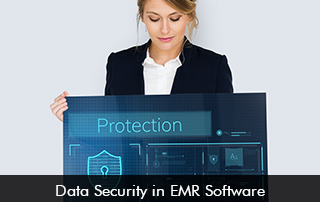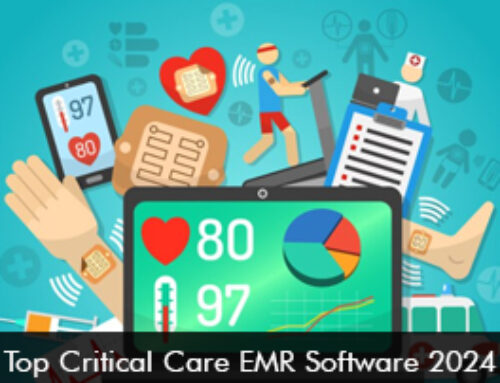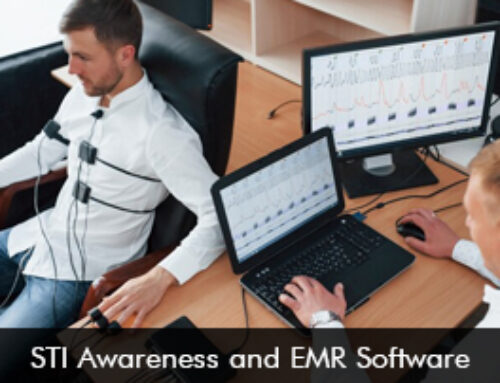Gone are the days of inefficient paper record-keeping in the healthcare sector. Now most of the patient records are digitized and stored in Electronic Medical Records (EMR) Software. These digital patient records can be easily accessed by healthcare providers to improve patient care. Through interoperability options in EHR Software, this data can be shared promptly with other specialists making way for care coordination.
An Increase in Cyber-attacks
The digital flow and exchange of data make us wonder how secure data is in EMR Software systems. There is a grave concern about rising cyber-attacks on healthcare organizations. Therefore patient data privacy and security is one of the top priorities of providers and Health IT Software vendors.
Healthcare data is one of the prime attacks of hackers which makes it vulnerable. It recorded an average of 1,410 weekly cyberattacks in the year 2022. Compromising data security is not an option and healthcare institutions need to implement robust security protocols for end-to-end data encryption.
Safeguarding Data with EHR Software Technology
The following Electronic Health Records (EHR) Software features can help protect patient data from cyber-attacks and intact patient trust in your healthcare organization:
Data Encryption
EMR systems use encryption to turn patient data into unintelligible code that needs a special key to decrypt. This makes sure that data is secure even if it is intercepted.
Two-Factor Authentication 2FA
By forcing users to present two forms of identity before gaining access to the electronic health records system, 2FA offers an extra degree of protection. Usually, this entails the user having something (like a mobile device for receiving a code) and something they know (like a password).
Regular EMR Software Updates
A good Electronic Medical Records Software vendor will ensure that they offer regular software updates. These updates are essential to keep up with the latest protection protocols and bridge any security gaps. Software updates are a great way to fix any data vulnerabilities to outside threats.
Secure Messaging Feature in EHR systems
Healthcare providers can transmit critical patient information securely with the EMR software’s secure messaging features of HIPAA compliance. This can drastically lower the possibility of data breaches.
EMR Software Data Protection with Training
An all-encompassing strategy for protecting patient data in healthcare settings includes extensive training and data protection for Electronic Medical Records software.
Staff members receive regular training on cybersecurity best practices, which emphasize the value of managing strong passwords, seeing potential security risks like phishing efforts, and following data protection guidelines in EHR Software.
By taking a proactive stance, the healthcare organization not only reduces the chance of data breaches but also cultivates a culture of accountability and vigilance that improves patient confidentiality and confidence.







